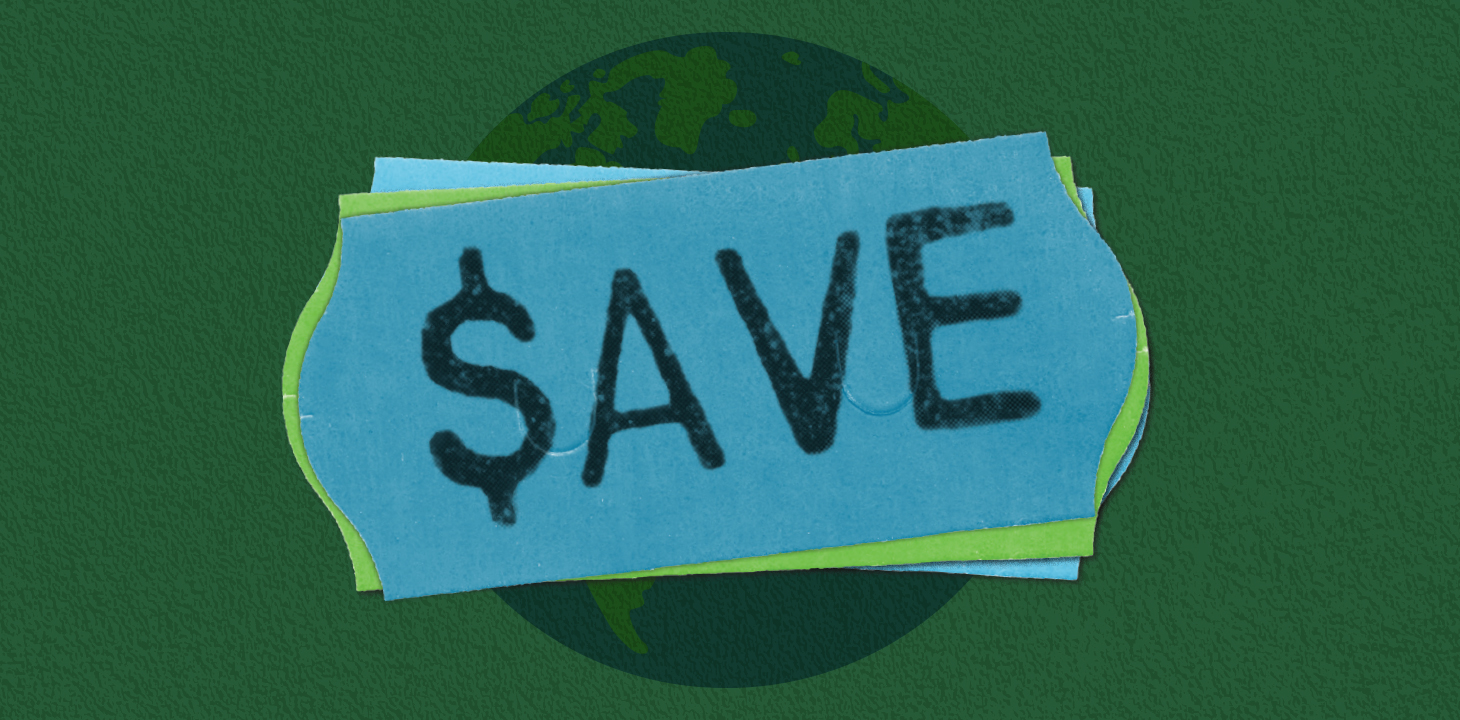A UI Class Asks: Does Green Mean More Than Money in Business?

COURSE TITLE
Sustainability Marketing: The Good, the Bad, and Greenwashing
INSTRUCTOR
Adjunct lecturer Sara Maples, who is also the research support and sustainability manager for the Henry B. Tippie College of Business, teaches the course. Maples previously served as interim director for the UI Office of Sustainability, where she developed an index to evaluate the energy sustainability of oat hulls, Miscanthus grass, and other biomass fuel sources burned at the university's power plant.
WHO TAKES IT
This new course at the Tippie College of Business is open to all first-year students who want to become more informed consumers and have an interest in sustainable business practices.
WHAT THEY LEARN
As the course title suggests, students learn how to distinguish companies that are genuine in their commitment to sustainability from those that are greenwashing—or using deceptive marketing to create the perception that their products are environmentally friendly.
The class evaluates products on their sustainability claims, including "organic" foods that don't undergo third-party certification and "BPA-free" plastics that nevertheless contain harmful components. As students become more savvy consumers, they discover their power to motivate businesses toward positive social change.
HOW THEY LEARN
Sustainability becomes more personal to students as they consider their impact on the environment. They take online assessments to determine their carbon footprints and the role of slave labor in products they buy, such as clothing and chocolate.
Students then try to incorporate more sustainable practices into their routines, such as eating less red meat, taking shorter showers, and unplugging unused electronics. Mara Frieden, a first-year business student from Decorah, Iowa, says, "It's been inconvenient at times, but it feels good knowing that what you're doing is making a difference."
WHY IT'S UNIQUE
The course looks at sustainability from an economic perspective and helps future business leaders consider opportunities for innovation in a time of depleting natural resources. "If you're thinking long-term in the age of climate change, you have to prepare for the challenges ahead," says Maples. "Businesses, in my opinion, are going to be the leaders in this area."
STUDENTS SAY
Frieden says the course has deepened her interest in a marketing career that incorporates sustainability and positive social change. "Being a young person in this time, I feel like it's time to start thinking about how my behavior and the behavior of those around me affects our Earth, because I want to live a long, happy life," she says. "I'd rather address problems with the environment now ... because now it's preventative steps, whereas later it will be trying to reconcile what we've lost."
What's your environmental impact? Take the online assessments used in Maple's class: Carbon footprint calculator and slavery footprint calculator
